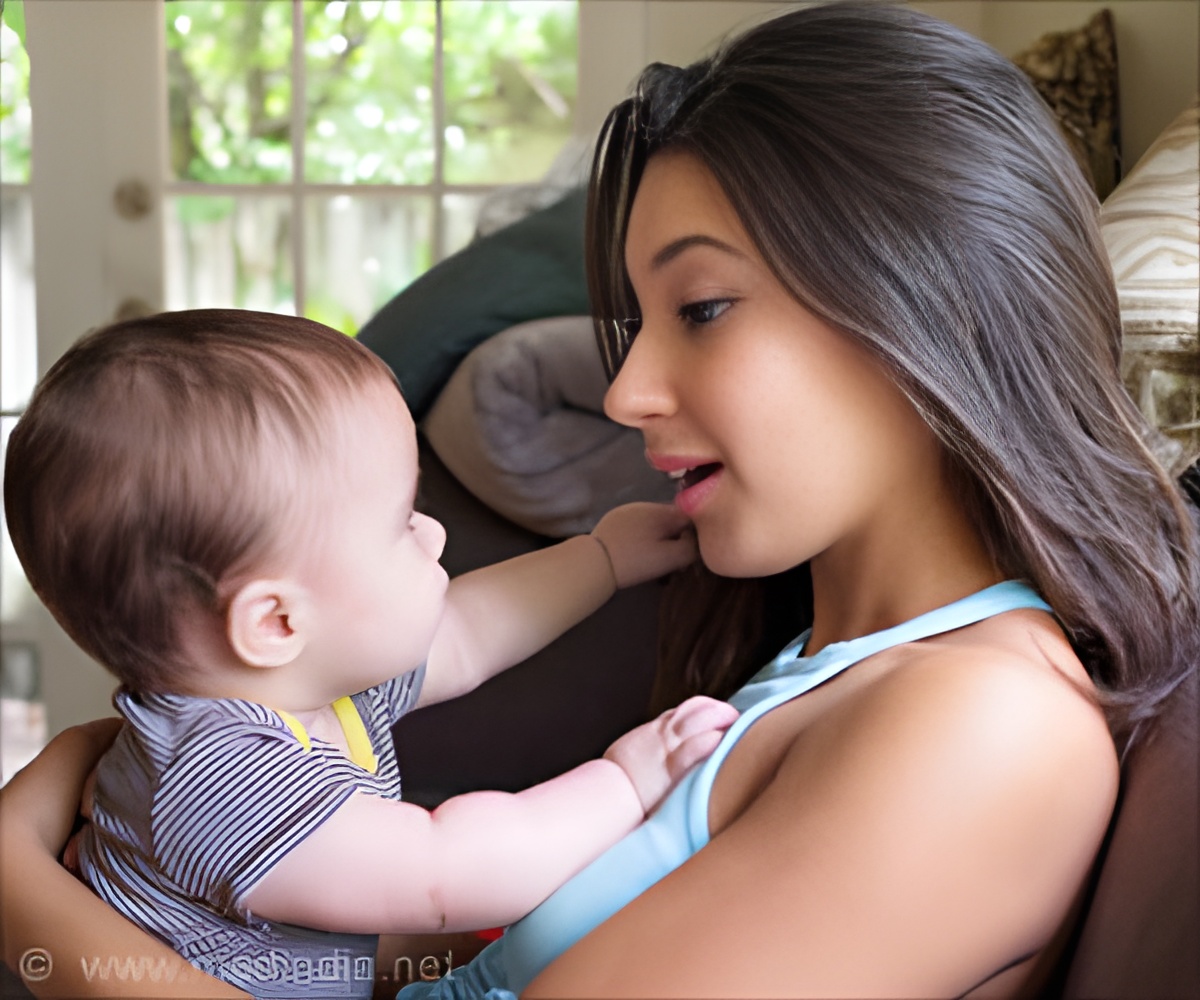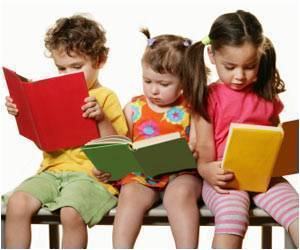
‘The complexity of infant babble could act as an early predictor of reading impairments in children compared to letter identification tests.’
Tweet it Now
The authors tracked nine infants from English-speaking US families between the ages of 9 and 30 months. They recorded each infant's babble as the child interacted with their primary caregiver, looking specifically at the consonant-vowel (CV) ratio, a demonstrated measure of speech complexity. The authors then met each child again when they were six years old to examine their ability to identify letters, a known predictor of later reading impairment.They found that those children with more complex babble as infants performed better when identifying specific letters in their later reading test. Though the sample size was relatively small and all nine children participating in this study all developed normally (meaning the range of variability was restricted), these results may indicate a link between early speech production and literacy skill.
The authors suggest that in the future, the complexity of infant babble may be useful as an earlier predictor of reading impairments in children than letter identification tests, enabling parents and professionals to earlier identify and treat children at risk of reading difficulties.
Farquharson adds: "This paper provides exciting data to support an early and robust connection between speech production and later literacy skills. There is clinical utility in this work - we are moving closer to establishing behavioral measures that may help us identify reading disabilities sooner."
Source-Eurekalert









